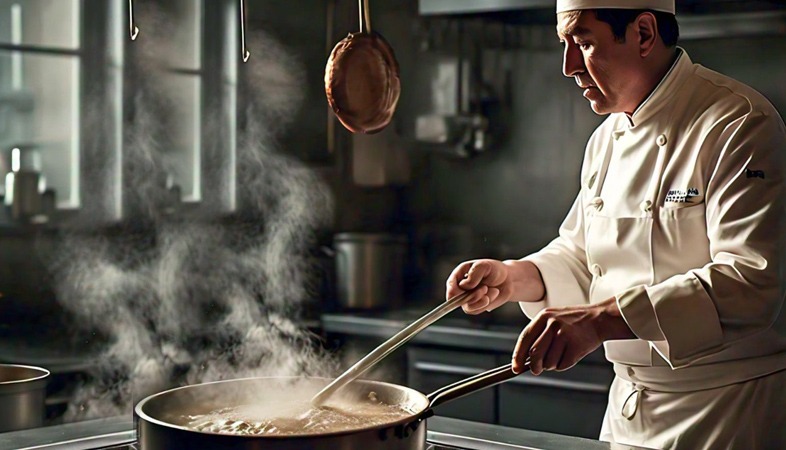SHARE
Commercials
More Posts
Feb 13, 2025
Vipin Verma Joins Lemon Tree Hotels as Sous Chef
Jan 07, 2025
Paneer Multani Kebab - By Chef Vinod Soni
Dec 12, 2024
Rasa Podi Chicken - By Chef M. Arivazhagan
Dec 02, 2024
Tandoori Pomfret - By Chef Hukam Singh Rawat
Feb 13, 2025
Vipin Verma Joins Lemon Tree Hotels as Sous Chef
Jan 07, 2025
Paneer Multani Kebab - By Chef Vinod Soni
Dec 12, 2024
Rasa Podi Chicken - By Chef M. Arivazhagan
Dec 02, 2024
Tandoori Pomfret - By Chef Hukam Singh Rawat
Feb 13, 2025
.png)




























